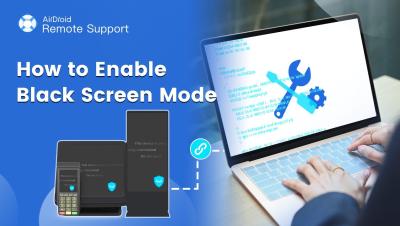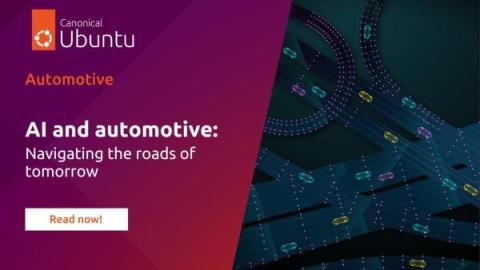Got feature requests for GitKraken? #shorts
Feedback Friday! 📝 Did you know you can submit bugs & feature requests for GitKraken Client at feedback.gitkraken.com? It's a great way to directly influence the tools you use daily, engage with a community of devs working towards a common goal, and see what's up next in the development queue! ⏭️











